In today’s fast-paced society, balancing life and work can sometimes feel like a mythical unicorn quest. Usually, the work part eats at the life part of, well, life, so you can imagine the implications of working more than one job will have on your days.
Having a second job or a side gig is becoming more of the norm these days, with a plethora of reasons as to why this happens. Some people take on a second job to supplement income for basic survival or to generate some extra cash for a purpose. Others may have a second job that’s part of a hobby or a passion but isn’t viable yet as a single income source. And then there are the future full-timer hopefuls who are trying to turn their side gig into a full-time career.
No matter the reasons you have a second job, it's not an easy feat to accomplish. Taking into consideration the demands of life and each job, juggling all these is quite a daunting prospect.
Working two jobs can become more manageable and even enjoyable if you keep in mind the following principles, as well as a clear view of why you decided to tackle two jobs, as that is your ultimate saving grace.
Here’s how to handle working two jobs – and survive to tell the story.
Juggling two jobs is almost impossible if you lack programming. I’m not talking about a simple to-do list, but rather complete programming of your life. From seeing friends to running errands to rest time, everything needs to be programmed for you to be even close to succeeding in handling two jobs.
There’s a plethora of apps that can help you with your new busy lifestyle such as Fantastical and Informant. Or, if you are anything like me, a good old-fashioned daily planner does the trick.
There comes a time in life where we need to learn to gracefully refuse certain things that no longer serve us. Be it partying during the week – or weekends – or taking on another task that you aren’t obliged to take on, you need to prioritise what you tackle and beware of hidden time-wasters.
A one-hour detour from your schedule now and then is no big deal but consider the aftermath of taking that hour. Does it throw your schedule off whack? Does it eat into the time for more important things? Choose wisely.
Does it throw your schedule off whack? Does it eat into the time for more important things? Choose wisely.
To be able to perform in both your jobs, you must ensure that looking after yourself is a priority. I’m not just talking about eating right – there are services for that – or making sure you clock in your daily workouts at the gym.
Looking after yourself in its broader sense is about infusing pleasure and fulfilment in your life. Be it some time to curl up on the couch with a good book or your favourite Netflix series, a walk on the beach, a massage or a haircut, you need to make the time to look after your body and mind.
When I worked out of town, my daily commute was over an hour long each way. Not only did I start my day earlier than my colleagues, but I also finished later, and I had a long drive on both ends of my day. I learned how to take advantage of those hours on the road by utilising them and making them some of the most productive ones.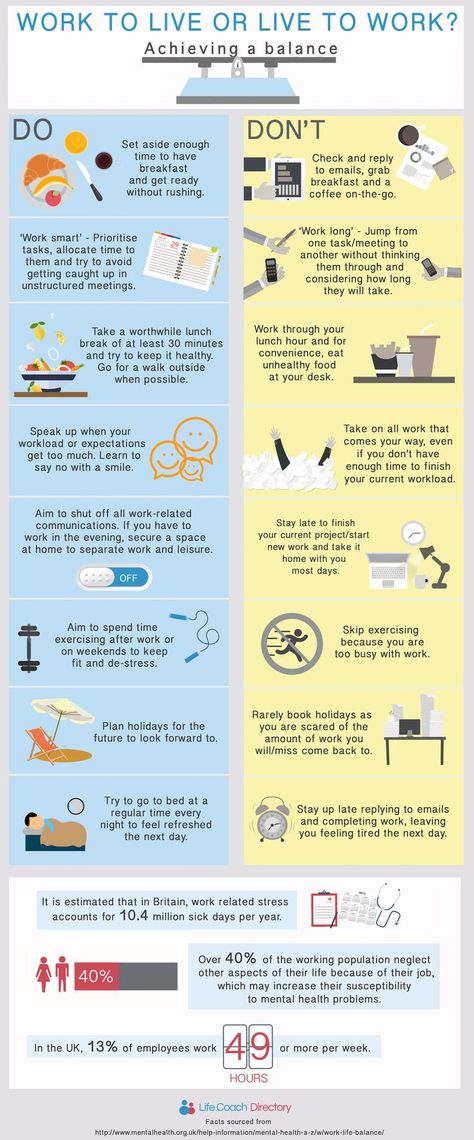
I listened to the news on the radio, listened to podcasts and audiobooks, made time to call family and friends to catch up or to schedule appointments (with the help of hands-free devices, of course, because safety first) and even rocked at some off-tune solos in the car to unwind.
Figure out how you can gain back unproductive hours, and you will surely see a difference in your productivity and energy levels.
Learn how to hone and master your skills for each of your jobs. In turn, this will make you more productive and efficient, and it will do wonders in alleviating stress once you have your routines down to a T.
You will not only take less time in completing your tasks; once you master those skills, your workload will seem less or simpler, leaving you with an extra few moments to clear your head before moving on to the next one.
It’s okay to admit you are in over your head and ask for help. No one said juggling multiple jobs would be an easy task, but for you to need to do it, there must be a reason.
Ask for help when you need it, be it a little help from a coworker on completing a seemingly impossible task or a partner picking up some slack at home. Asking for time off is the biggest help you can ask for, especially if you are always tired, irritable and overworked.
A second or third job may be supplementary income or some money-making hobby, but you need to look long and hard at your priorities and make sure you protect the job that gives you the most substantial part of your income.
Make sure you clock in your hours and complete your projects on time in order to enjoy some job security at your main income earner. Not only does this make financial sense, but it will also ease the burden of having two jobs by ensuring continuity and the main portion of your income.
As with most of our actions, having an endgame or a specific, measurable and attainable goal makes the process justifiable, and the results should equate that goal.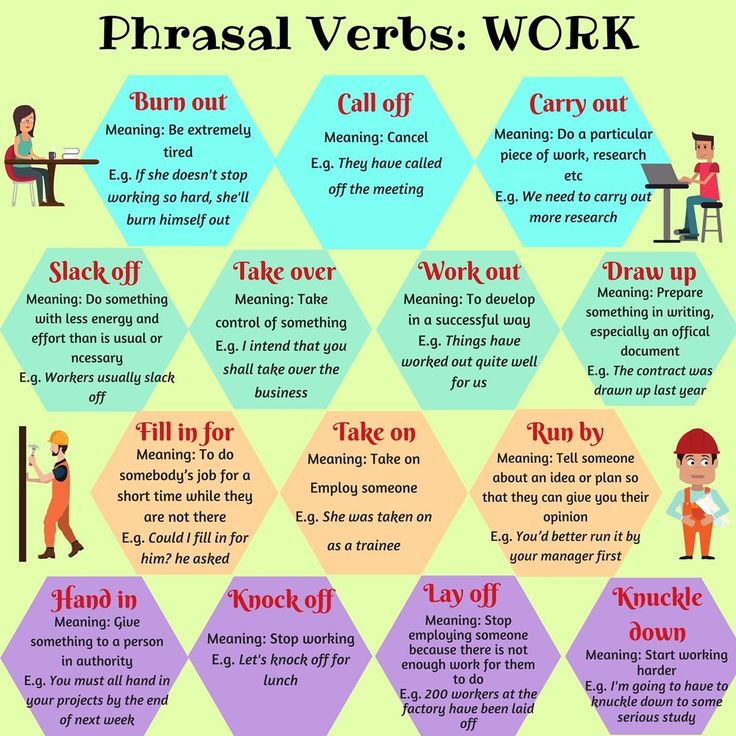 Your end goal is your guiding light as you juggle multiple jobs and the process is measurable against it. For example, you might decide to work a seasonal job for increased income for a specific cause, such as saving up for a trip or a major purchase, and this end goal will help you endure the fatigue of working multiple jobs.
Your end goal is your guiding light as you juggle multiple jobs and the process is measurable against it. For example, you might decide to work a seasonal job for increased income for a specific cause, such as saving up for a trip or a major purchase, and this end goal will help you endure the fatigue of working multiple jobs.
On the other hand, if your second job is a personal side hustle (one that may lead to a career change or becoming self-employed), then where you set the end goal is entirely up to you, but it most likely is to earn enough to make it a viable primary job or career. If that’s the case, once you consistently start making the goal amount, you can start cutting down on hours or quit other jobs as you progress and build your business.
When something is a labour of ‘love’, it’s more enjoyable and fulfilling, and it doesn’t feel like work most of the time. Yes, you will feel the effects of the work, but the feeling of accomplishment and pride will help with the tired feet and mind.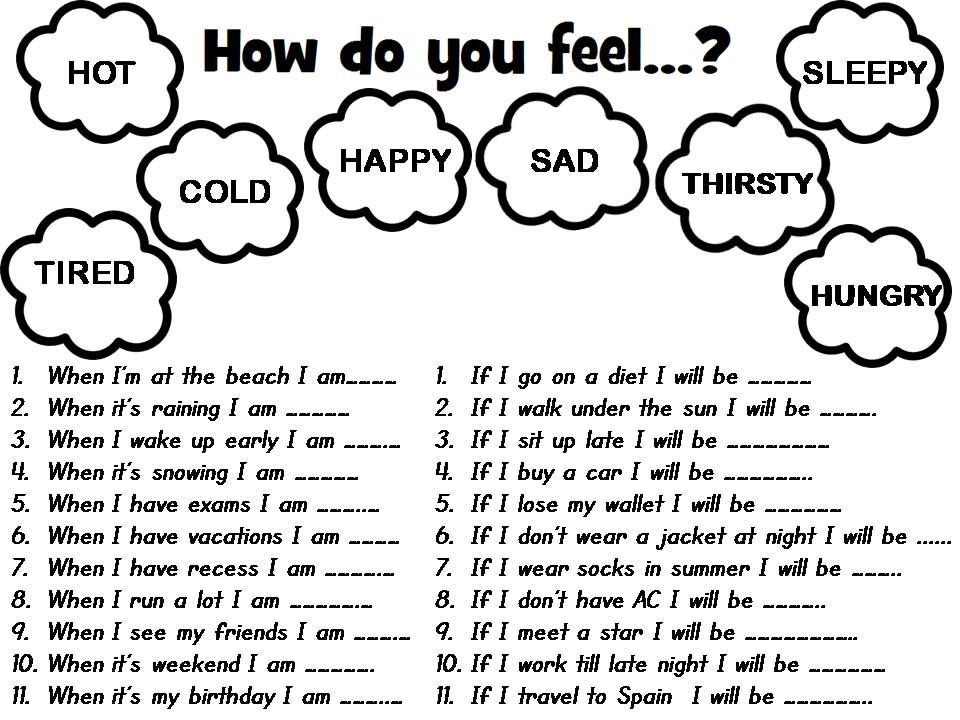 Having a job that you enjoy doesn’t feel like working very much, and one that goes beyond the financial gain will always ensure that you flourish in that sector.
Having a job that you enjoy doesn’t feel like working very much, and one that goes beyond the financial gain will always ensure that you flourish in that sector.
Your child’s Christmas play, your spouse’s big speech, your friend’s wedding or your high school reunion, there are moments you cannot claim back if you miss them. No matter how many pictures or videos you see, nothing can make up for your absence, on both sides.
Special moments like these are usually planned out ahead of time, giving you plenty of warning to take time off to attend. You will never be able to recreate the moment or the memory, and on the flip side, you will forever disappoint the person for whom the event was important. With the right programming and some extra effort, these events can be included on your schedule and the warmth that you gain trumps the double shift you had to take to get the time off.
While by no means easy, having two or more jobs provides an array of benefits that can work to your advantage.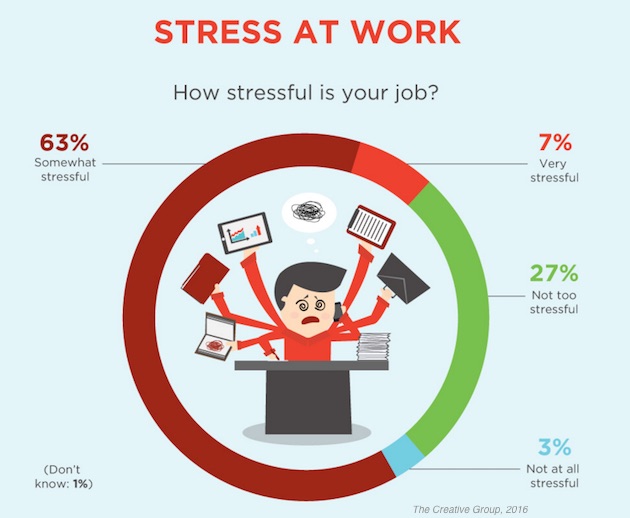 You will have an increase in income, and multiple streams of revenue means that even if something goes wrong in one job, you will still have other sources keeping you afloat. Additionally, if one of those jobs combines a passion or a dream career, it will provide you with a creative outlet and joy that makes you forget the long hours and fatigue.
You will have an increase in income, and multiple streams of revenue means that even if something goes wrong in one job, you will still have other sources keeping you afloat. Additionally, if one of those jobs combines a passion or a dream career, it will provide you with a creative outlet and joy that makes you forget the long hours and fatigue.
Working two jobs requires a specific skillset that is headlined by time management skills. Flexibility, perseverance and a competitive streak complement and enhance the experience, while you pick up new skills and explore careers that may come in handy for future goals and plans.
Even if a second job is only part-time and your aim is to increase your income, for whatever reason or goal, it speaks quite highly of your transferable skills and work ethic. Not only that but it also provides you with an opportunity to multiply and diversify your network, a network that could potentially help you unlock the ultimate career.
And there you have it.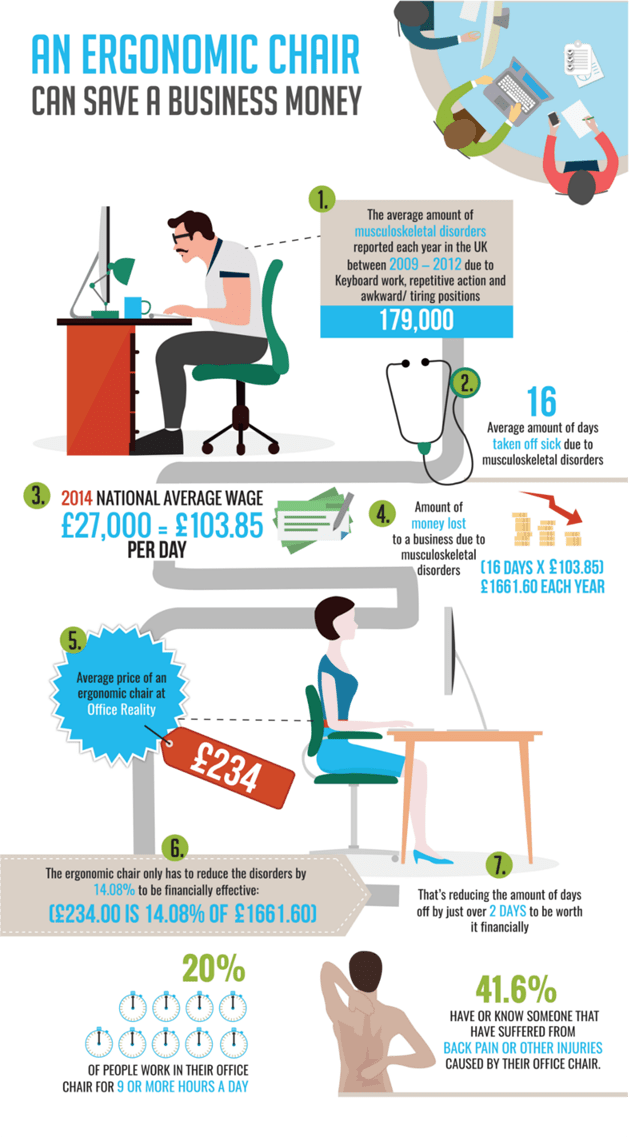 Simple rules to make working two jobs a little easier and a lot more worth it.
Simple rules to make working two jobs a little easier and a lot more worth it.
Have you worked multiple jobs before? How did you handle the experience? Share your thoughts and tips with us in the comments section below.
By Lisa McQuerrey Updated July 01, 2018
Working two full-time jobs has the potential to be a stressful undertaking. There are only so many hours in a day, and if you're theoretically working eight- to nine-hour shifts at two jobs, you have little down-time time for personal care. If circumstances dictate that this is necessary, at least for the short-term, here are some steps you can take that will help minimize the likelihood of you becoming overwhelmed, over tired or unproductive.
Although you might think you should be able to power through two back-to-back, eight-hour shifts, five days a week, you might be better served by looking for jobs that have alternate days off. For example, you might work one job from 8 a.m. to 5 p.m. on Monday through Friday, and your second job from 6 p.m. to 2 a.m. on Wednesday through Sunday. This approach gives you some freedom and recovery time two days a week. You might also work a split shift, which could enable you to have more time between the double work days.
For example, you might work one job from 8 a.m. to 5 p.m. on Monday through Friday, and your second job from 6 p.m. to 2 a.m. on Wednesday through Sunday. This approach gives you some freedom and recovery time two days a week. You might also work a split shift, which could enable you to have more time between the double work days.
Consider asking for a compressed work week for one of your jobs, if you can juggle the schedule, working four 10-hour shifts or even three 12- to 14-hour shifts. This type of role is common in medical and emergency services settings. Different employers have differing criteria for what constitutes a full-time job, so you may need to adjust your preferences if you need full-time hours or the benefits that come with full-time employment.
Having the ability to set your own hours, work on a per-project basis or work from home can make juggling two full-time jobs much easier. This doesn’t work for every kind of position, however. In certain instances, in which you’re primarily on the phone or on the computer, it’s manageable. Look for this type of work opportunity or pitch some ideas to one of your current employers. Keep in mind, though, that if you are a freelance or contract employee, your employer won’t be paying benefits to you or taking out taxes from your paycheck.
This doesn’t work for every kind of position, however. In certain instances, in which you’re primarily on the phone or on the computer, it’s manageable. Look for this type of work opportunity or pitch some ideas to one of your current employers. Keep in mind, though, that if you are a freelance or contract employee, your employer won’t be paying benefits to you or taking out taxes from your paycheck.
If you’re working two full-time jobs because you need the cash, consider a role that gives you flexibility in the event you get sick, have personal events you need to attend to, or you get worn out. For example, being an Uber driver can theoretically give you full-time hours, but it doesn’t commit you to an employer for a certain number of set hours if you need to take a break. Other work options, such as in-home childcare -- particularly overnight baby-sitting -- can be a viable option for generating a double income.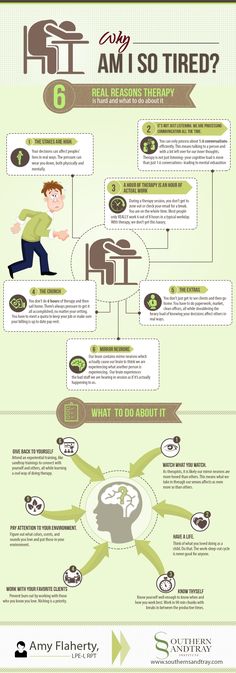
Working two full-time jobs is not an easy undertaking. You can yourself in the following ways:
Ask others to help where they can, for tasks such as running errands, doing household chores and helping with childcare.
Working two full-time jobs is unlikely to be sustainable over the long run. Continue to look for a job that has better pay or try to obtain additional training or education so that you can find a job that better suits your long-term financial needs.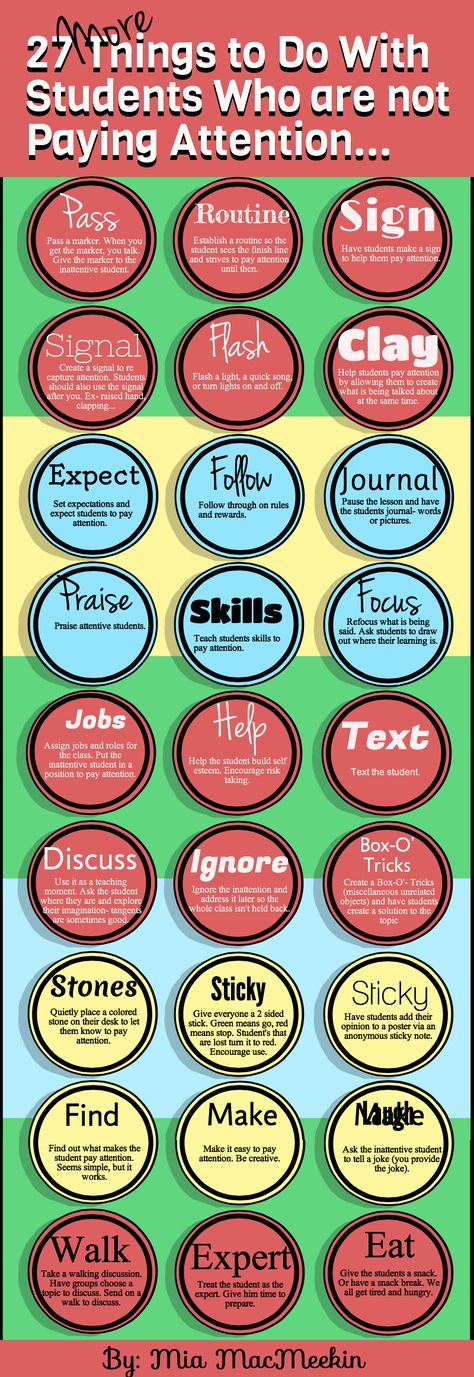
No matter how an employer or employee schedules the working hours, working more than 80 hours a week is more likely to lead to automobile, home or workplace accidents; is likely to reduce immunity to common illnesses; and may be implicated in chronic long-term illness.
References
Writer Bio
Lisa McQuerrey has been an award-winning writer and author for more than 25 years. She specializes in business, finance, workplace/career and education. Publications she’s written for include Southwest Exchange and InBusiness Las Vegas.

March 16Work and studyProductivity
It is important to choose the right side job and take care of yourself.
Share
0 You can listen to the article. If it's more convenient for you, turn on the podcast.
According to a survey conducted by a major job search service, every sixth Russian has a part-time job. Working more than the standard 40 hours a week is hard and can lead to fatigue and burnout.
Career counselors provide tips to help you balance your two jobs and keep your peace of mind.
It is important to take into account several points at once:


Yes, two jobs is hard. Yes, this is most often a necessary measure, and not everyone has to work so hard. Yes, you can feel sorry for yourself.
But if you constantly think about this side of the issue: that you have to plow, that there is no one to help you, that you get tired - you will only get more angry and exhausted.
So try to focus on the positive. For example, on the opportunities that the second job gives. Or on what experience you will get and what projects you can add to your portfolio. How your value in the labor market will eventually grow and how you will pay off debts or save up for things that are important to you. What a fine fellow you are, after all, once you cope with a double load and correctly distribute your time and energy.
Most likely, you found a second job because you need an additional source of income. But do not forget that in addition to money, career, experience, connections, long-term goals also matter. If all this is connected with the first work, it is necessary to deal with it first of all.
Sometimes there is a temptation to throw more energy into a side job at the expense of the main activity in order to get money faster. But this is wrong, and such a choice can then seriously backfire on you. So it’s better not to miss the deadlines, not to shirk, and first of all, devote time to the work that is important to you in the long run.
Try 🤔
It’s hard to work two jobs for a long time, so it’s important that there is light at the end of the tunnel and you understand why you all this and when it's time to exhale.
For example, you want to pay off your debts, save up for a down payment on a mortgage, please a loved one with an expensive gift, publish a collection of your poems, pay for cool refresher courses and, as a result, start earning more at your main job.
Set the required amount and the deadline by which it must be collected, and then clearly plan the income in order to meet this deadline. This will make it easier for you: you will have a clear, measurable goal and a plan to achieve it.
There is a very dangerous illusion: now I will work more, but tomorrow it will be a little easier and I will be able to relax. In fact, the work never ends. And if today you sat at the laptop until one in the morning, you simply deprived yourself of precious sleep and a piece of your personal life.
It is worthwhile to determine in advance the time at which the work process stops, and you start to relax or do your own thing. So life will not turn for you into an endless painful "groundhog day" from which there is no way out.
When you're working hard, you'll have to learn how to cut off the excess. Don't take on someone else's responsibilities. Don't let people you know designate you as their vest. And do not rush to fulfill the requests of friends and relatives, if they are able to cope with the situation on their own.
The energy you spend on all this is better spent on work or leisure.
Understand 🤐
Order groceries and other items online instead of going to the store. Use a dishwasher, a robotic vacuum cleaner, a slow cooker, and other devices that make household chores a little easier.
Try planning your menu for the week, stocking up on all your ingredients ahead of time, opting for simpler meals, and cooking days in advance to save yourself the nightly "what to eat for dinner" torment.
Given the increased workload, this is especially important. Get at least seven hours of sleep a night, stay active, eat healthy, and don't overindulge in sweets and snacks.
Get at least seven hours of sleep a night, stay active, eat healthy, and don't overindulge in sweets and snacks.
Try to allocate at least half an hour a day to something that you like and replenishes internal resources, even if it's just reading a book on the subway on the way to work.
From time to time buy yourself something nice, not necessarily expensive, and praise yourself more often.
Talk to loved ones. Explain that you are going through a difficult time right now and will need at least full support from them. Ask them to be understanding that you won't always be in the mood to socialize and that it's important for you to go to bed no later than 11:00 pm. So the division of household duties and the friendly atmosphere of the house will not interfere.
Read also 🧐
While 71% of Ukrainian companies are ready to switch to a 4-day work week, Sofia Kleshchuk chose to work simultaneously at two jobs.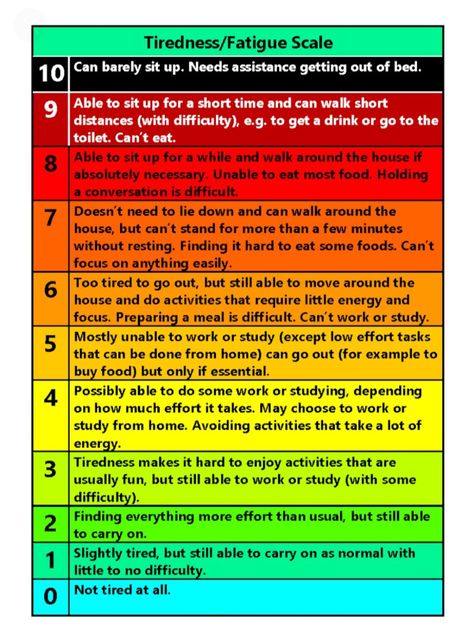 How she succeeds, Sofia told in the article.
How she succeeds, Sofia told in the article.
Sofia Kleshchuk,
Head of Client Relations at RYAH,
Head of Business Development and Marketing at Enkonix
Already a year after eight hours of offline work, I have started seven hours of remote work. I coordinate sales and marketing in two companies at once: the Ukrainian IT outsourcer Enkonix and the American medical tech company RYAH.
👑
Mon, 31/05 Career
This is my voluntary choice, and I know that my life hacks on how to work two jobs for 15 hours a day will not suit everyone. But while I manage to live in such an intensive mode, and even want to take on more tasks, I am ready to share my advice. Perhaps they will help those who are in a rush and are trying to cope with the flow of tasks, or, like me, are going through the stage of achieving career goals.
I look at this period of my life as an important experience that I have chosen for myself. I am motivated by the feeling of satisfaction from the fact that every time I do more than yesterday.
In both jobs, I have tasks that have the same processes for solving them. Therefore, the common elements of operational management can be applied both there and there, and synchronize them.
👑
Thu 03/19 Career
For example, on two projects I have checkpoint (status check) sales with the team once a week. Both there and there are very similar algorithms for communicating with new leads (potential clients) , which I need to teach business developers. Both there and there I approve the information materials of the company, allocating a special time in the calendar for this.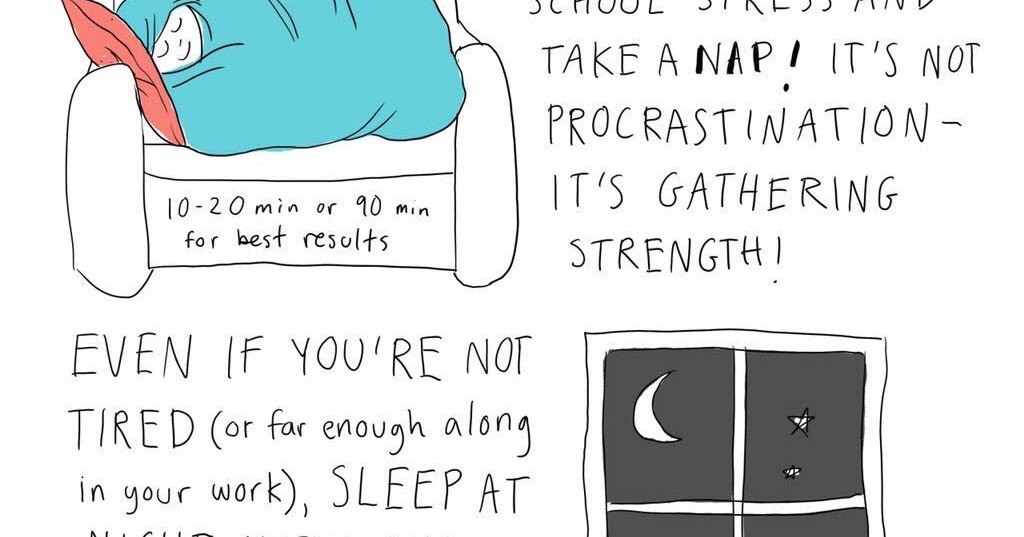 During this time period, I do similar work for both RYAH and Enkonix, which allows me to tune in to a specific process and complete tasks more productively.
During this time period, I do similar work for both RYAH and Enkonix, which allows me to tune in to a specific process and complete tasks more productively.
I know from experience that often you just need to put the processes "on the rails", and then the "train" will roll on its own. If you give due time to the first stage, in the future it will save a lot of your precious time and effort.
When you have a lot of tasks, there is a temptation to tackle everything at once. Very often we start doing one thing, then switch to another, and as a result we have 150 open tasks, and not a single thing is completed.
If I start a task, I try to finish it before moving on to the next one. I prepare checklists for myself of everything that I have to do for each case, and I go through them, crossing off tasks one by one.
The old method of systematic “ticks” next to completed tasks is very helpful when working intensively.
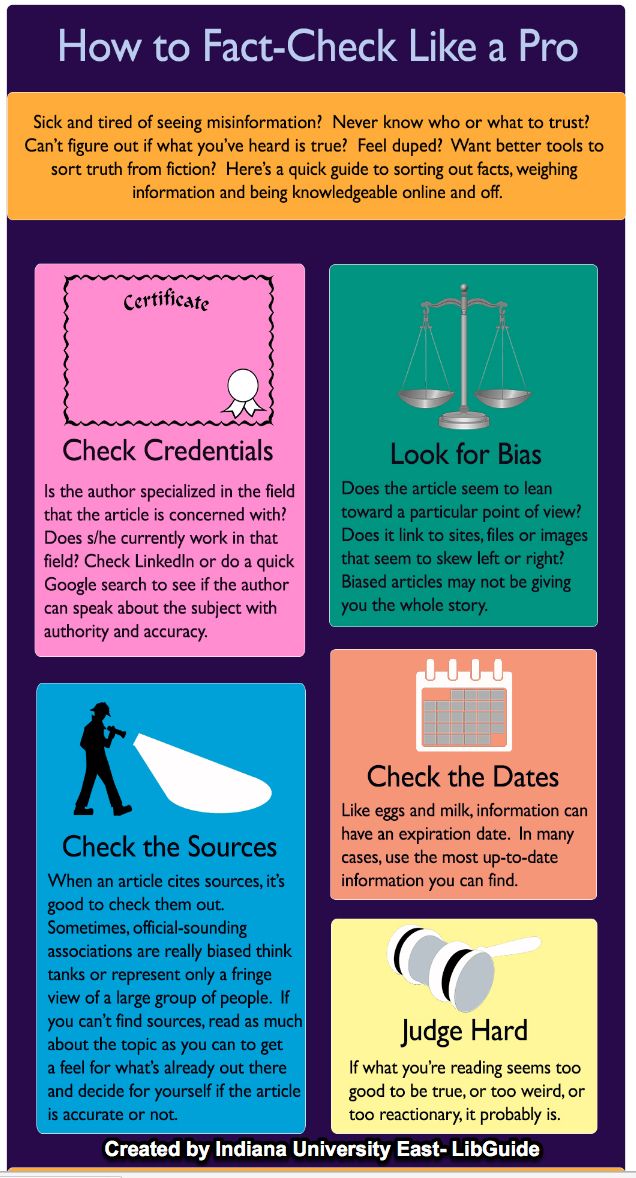
Also, a clear plan and completed tasks give a feeling of calmness. And this is a much healthier mental state than the anxiety inherent in chaos.
When everything is constantly “rushing” and it seems that the number of tasks creates chaos, it helps a lot to have a foothold - time that you devote only to yourself. It could be anything. You can allocate 30 minutes every day for reading or do a simple meditation practice before going to bed, the “hitch” of the day. My stability point is sports, 3-5 times a week, either before or after work. The main thing is to maintain these habits and use them as a metronome for the routine.
👑
Thu 04/22 Stories
It was the big loads that taught me to make sure that I feel good. This mode of operation is possible only on the condition that everything is in order with the state of health, mental and physical.